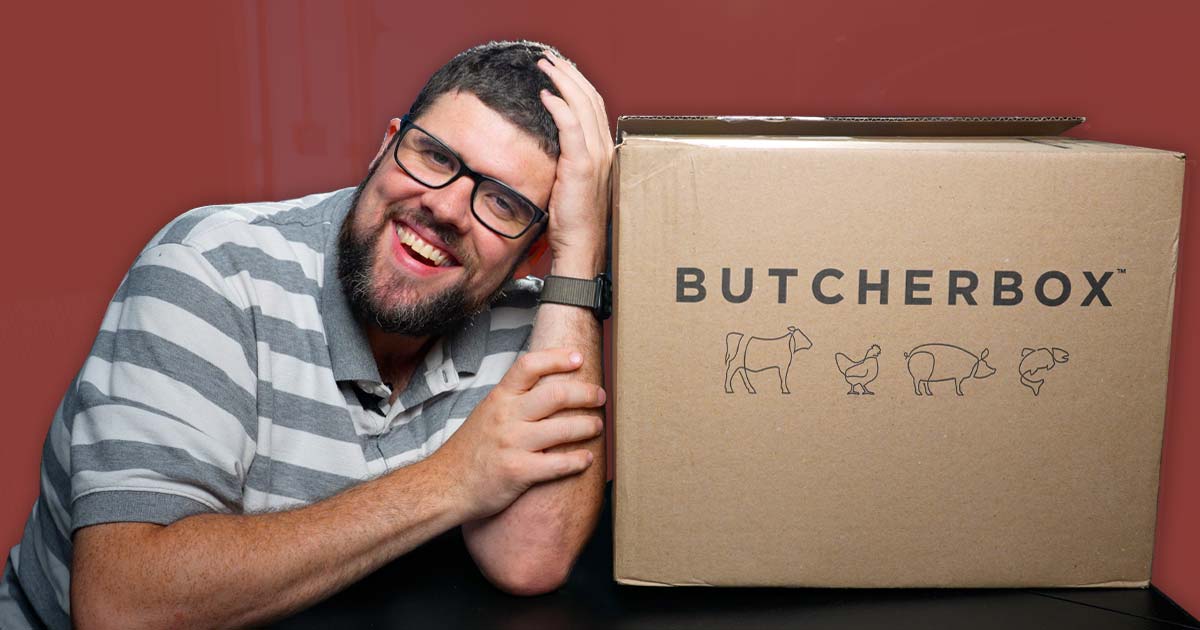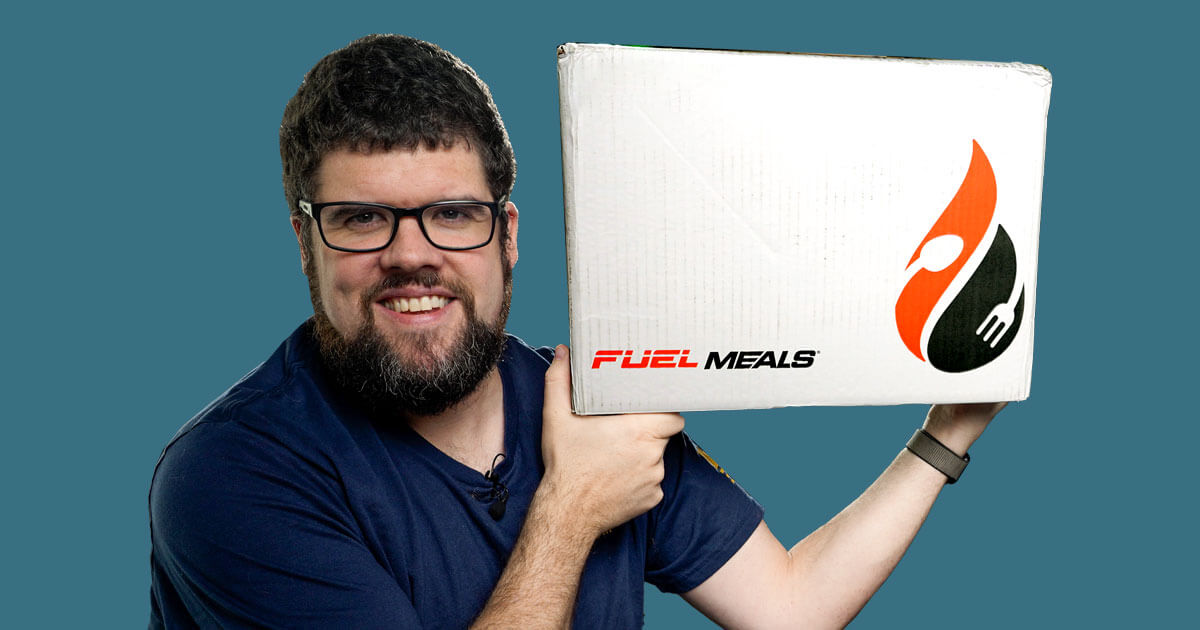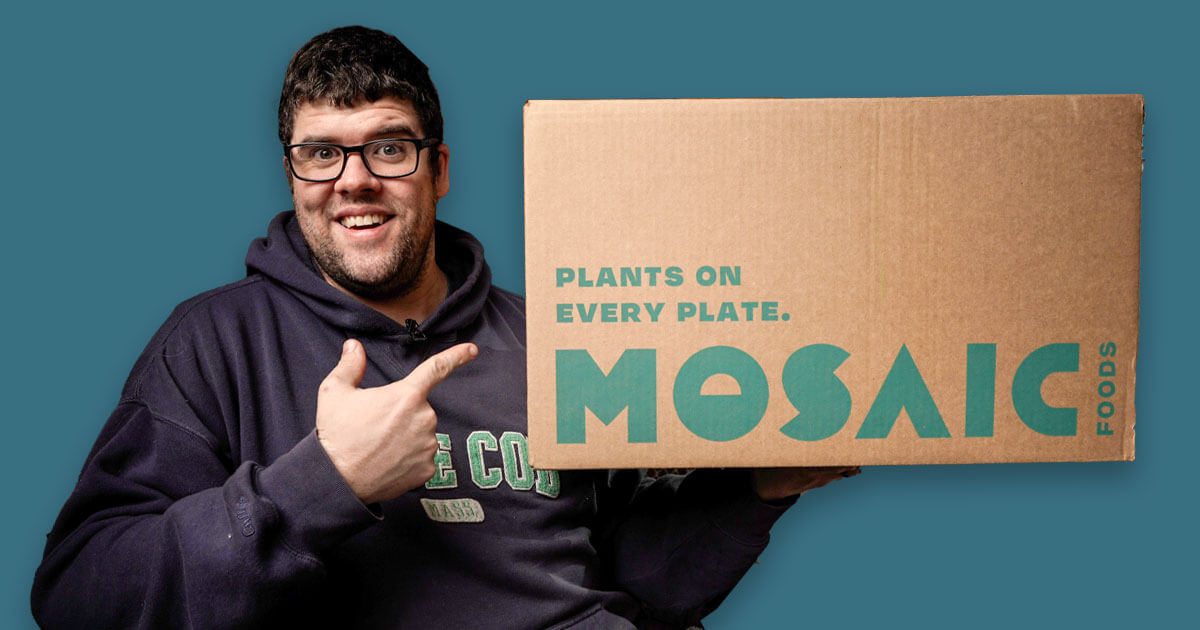Table of Contents
In recent years, the demand for ethically sourced and sustainably raised meat has surged. Consumers are increasingly seeking options that align with their health goals and environmental values. Wild Pastures, a meat delivery service, aims to meet this demand by offering 100% grass-fed and pasture-raised meats sourced from American family farms practicing regenerative agriculture.
In this comprehensive review, we’ll delve into Wild Pastures’ offerings, assess the quality of their products through taste tests, and evaluate whether this service is a worthy addition to your dining table.
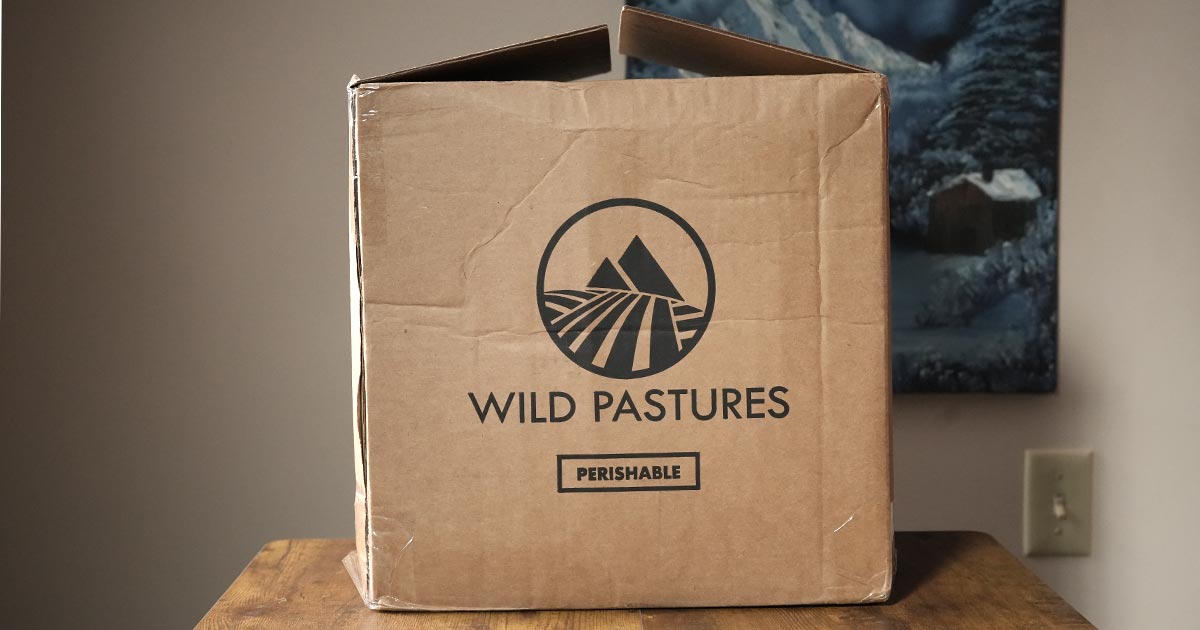
What Is Wild Pastures?
Wild Pastures is a subscription-based meat delivery service that connects consumers with high-quality, ethically sourced meats. Their mission centers on providing nutrient-dense, flavorful meats while supporting regenerative farming practices that benefit the environment.
Key Features:
- 100% Grass-Fed and Finished Beef: Cattle are raised on pasture, consuming a natural diet without grains.
- Pasture-Raised Chicken and Pork: Animals roam freely, promoting better health and meat quality.
- Regenerative Farming Practices: Focus on soil health, biodiversity, and ecosystem restoration.
- American Family Farms: Partnerships with local farmers ensure transparency and quality.
Unboxing the Wild Pastures Experience
Upon receiving your Wild Pastures box, you’ll notice the attention to detail in packaging and presentation.
Packaging and Delivery
- Eco-Friendly Materials: Wild Pastures uses compostable and recyclable packaging, minimizing environmental impact.
- Insulation and Freshness: The meats arrive frozen, with sufficient insulation to maintain optimal temperatures during transit.
- Dry Ice Usage: Dry ice ensures products remain frozen until they reach your doorstep.
Box Contents
Each box is customizable, allowing you to select preferred cuts and types of meat. For this review, the following items were included:
- Whole Chicken: Pasture-raised, approximately 4 pounds.
- Chicken Wings: Two packs, 1 pound each.
- Ground Beef: Two packs, 80% lean, 1 pound each.
- Italian Beef Sausage: Two packs, 1 pound each.
- Seasoned Ground Beef (Taco Meat): One pack, 1 pound.
- Boneless, Skinless Chicken Breasts: One pack, 1 pound.
- Shaved Steak: Two packs, 1 pound each.
- Beef Ribeye Steaks: One pack, 24 ounces (two 12-ounce steaks).
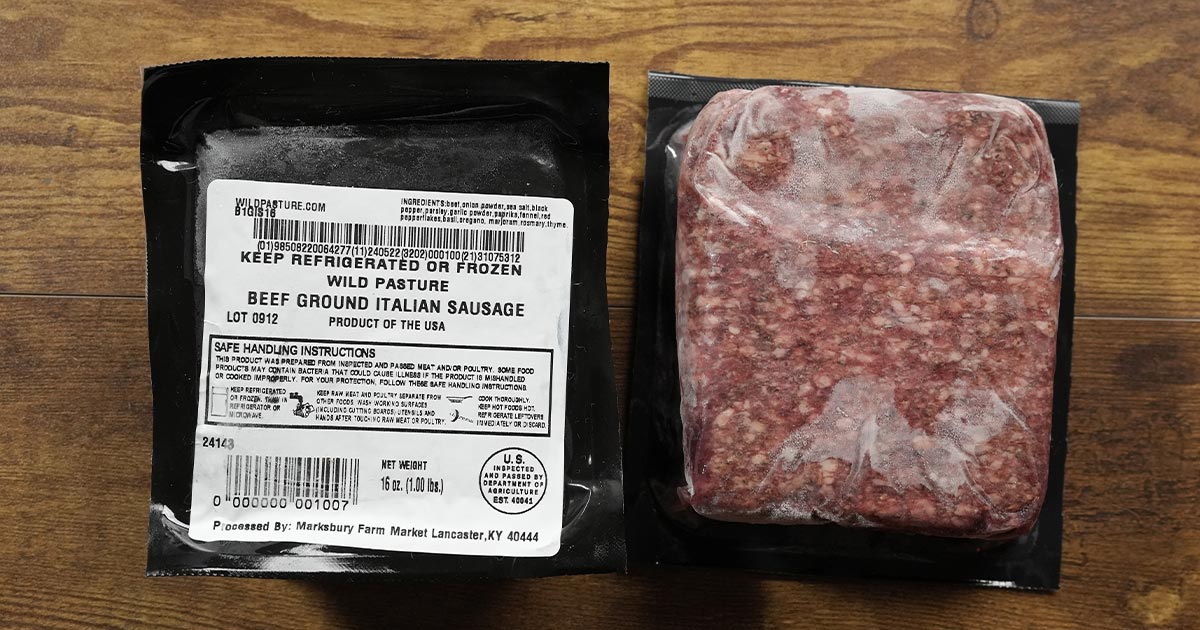
Taste Test and Cooking Experience
To evaluate the quality of Wild Pastures’ meats, several items were prepared and tasted.
Beef Ribeye Steaks
- Preparation: Seasoned with Montreal steak seasoning and grilled to medium-rare.
- Taste and Texture: The ribeye steaks were exceptionally tender, with a rich, beefy flavor indicative of high-quality, grass-fed beef. The marbling provided a buttery texture, enhancing the overall eating experience.
Shaved Steak
- Preparation: Grilled and lightly seasoned.
- Taste and Texture: The shaved steak was lean and cooked quickly on the grill. While flavorful, it lacked the fattiness of ribeye, resulting in a slightly chewier texture. Ideal for sandwiches or stir-fry dishes.
Whole Chicken
- Preparation: Seasoned with Old Bay, sea salt, black pepper, and olive oil; smoked on a Traeger grill.
- Taste and Texture: The chicken was moist and infused with a delightful smoky flavor. The skin was crispy, and the meat was tender, reflecting the benefits of pasture-raising.
Commitment to Regenerative Farming
Wild Pastures emphasizes regenerative agriculture, a holistic approach to farming that focuses on restoring soil health, enhancing biodiversity, and improving ecosystem functions.
Benefits of Regenerative Farming
- Soil Health: Improved soil structure and fertility.
- Carbon Sequestration: Capturing atmospheric carbon dioxide, mitigating climate change.
- Biodiversity: Promoting diverse plant and animal life.
- Water Management: Enhanced water retention and reduced runoff.
By sourcing meats from farms practicing regenerative agriculture, Wild Pastures supports environmental sustainability and offers consumers healthier, more nutritious meat options.
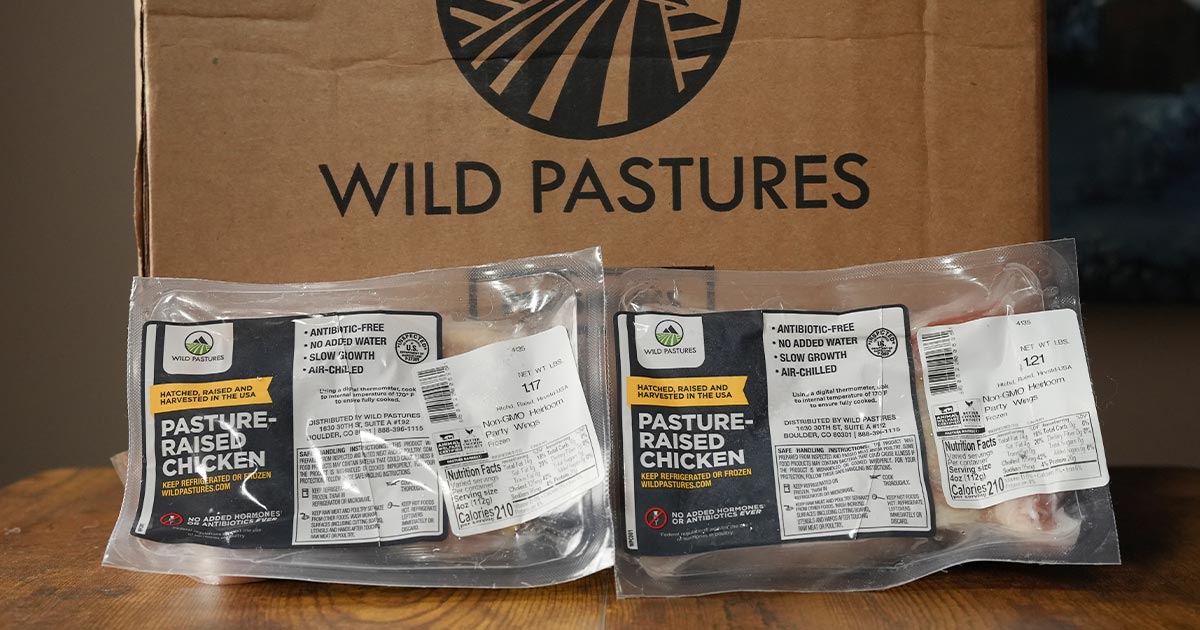
Comparison with Competitors
When considering a meat delivery service, it’s essential to compare options to determine the best fit for your needs. Here’s how Wild Pastures stacks up against its competitors:
| Feature | Wild Pastures | ButcherBox | Crowd Cow |
| Sourcing | 100% grass-fed and pasture-raised meat sourced from American family farms practicing regenerative agriculture | Grass-fed and pasture-raised meat, global sourcing | Grass-fed beef, pasture-raised chicken, wild-caught seafood, and exotic options |
| Sustainability | Strong focus on regenerative farming | Focus on sustainable sourcing | Emphasis on sustainable and traceable supply chains |
| Customization | Fully customizable box with a wide variety of meat options | Pre-set box options with limited customization | Highly customizable, including rare and specialty meats |
| Freezing & Freshness | Frozen using eco-friendly, compostable packaging and dry ice | Frozen with vacuum-sealed packaging | Fresh and frozen options, depending on availability |
| Price | $153 for a base 15lb box, with upgrade options | $146 for a Classic Box (8-11 lbs) | Varies by product and cuts, more expensive for specialty items |
| Shipping | Free shipping on most orders | Free shipping | Free shipping over $99 |
| Notable Features | Regenerative farming focus, eco-friendly packaging | Large brand recognition, consistent quality | Ability to order rare meats and seafood |
Key Takeaways
- Wild Pastures: Best for environmentally conscious consumers seeking 100% grass-fed, regenerative farm-sourced meat at competitive prices.
- ButcherBox: Great for consistent quality and affordability, but lacks customization options.
- Crowd Cow: Ideal for those seeking specialty meats and unique cuts, but it comes at a higher price point.
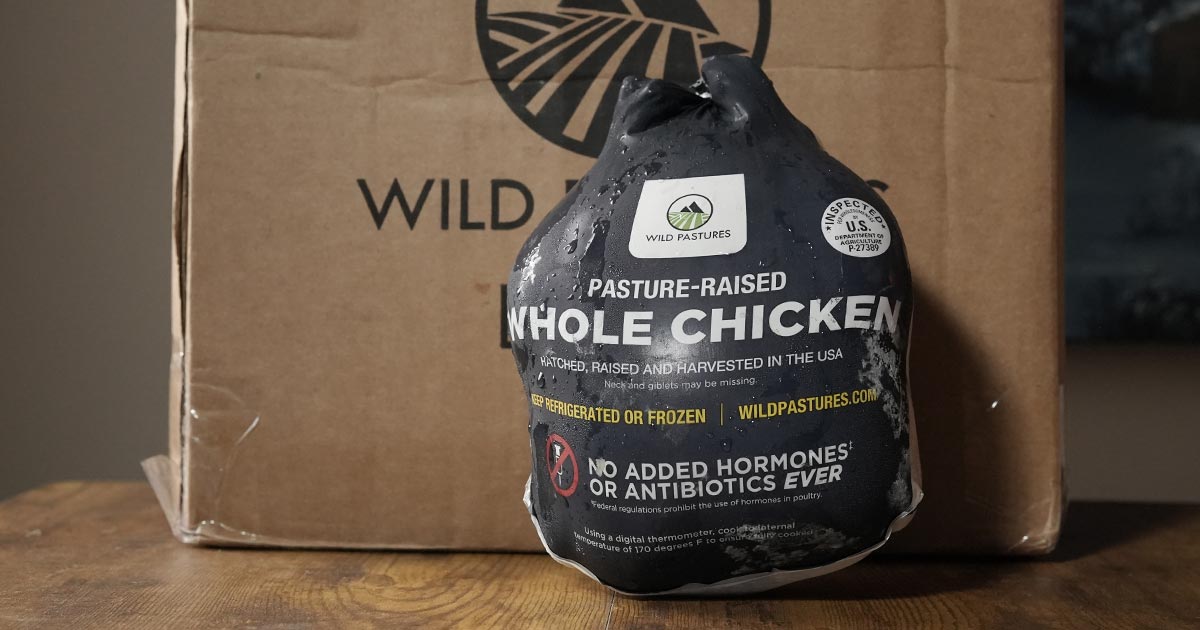
Final Verdict: Is Wild Pastures Worth It?
Wild Pastures stands out in the meat delivery industry for its commitment to regenerative farming, premium-quality meats, and competitive pricing. While other services like ButcherBox and Crowd Cow have their strengths, Wild Pastures’ focus on sustainability and customizable options make it a strong contender for consumers who value both quality and environmental responsibility.
Pros
- 100% grass-fed and pasture-raised meats.
- Strong commitment to sustainability and regenerative farming.
- Fully customizable boxes to suit individual preferences.
- Free shipping and eco-friendly packaging.
Cons
- Some confusion with labeling (not all packages explicitly state “grass-fed” or “grass-finished”).
- Limited seafood options compared to competitors like Crowd Cow.


